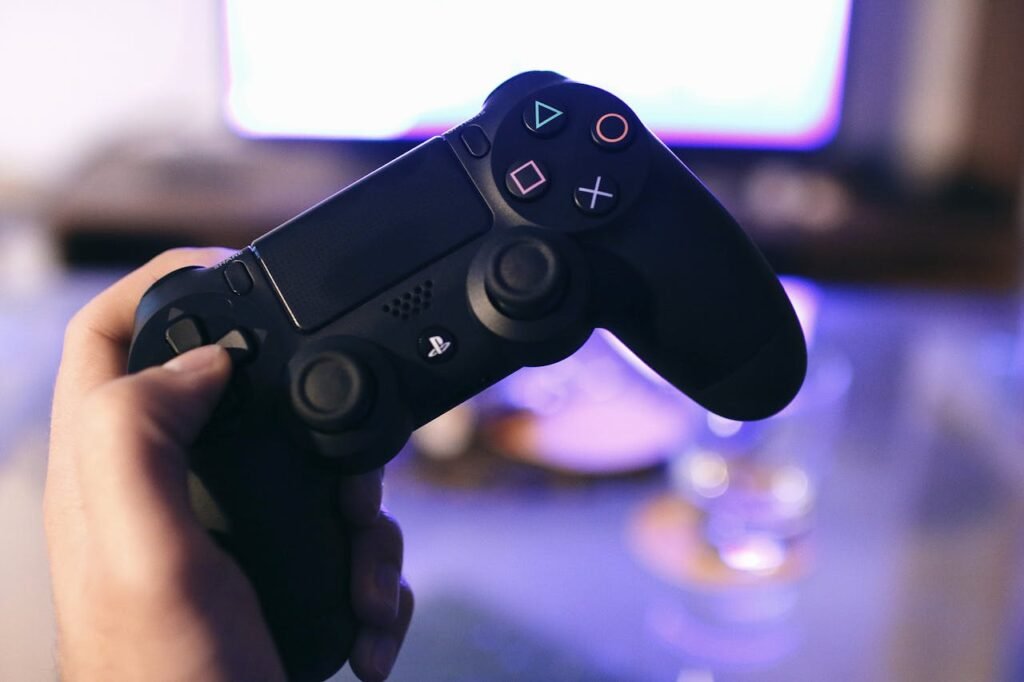Video games have always been a space for creativity, storytelling, and self-expression. But for a long time, they failed to represent a significant part of the real world—people with disabilities. Gaming is now changing, with more developers embracing disability representation, designing accessible features, and including prosthetic users in their stories.
From characters with prosthetics to adaptive gaming controllers, the gaming industry is making strides in inclusion. These changes don’t just make gaming more diverse—they also make it more enjoyable for everyone, regardless of physical ability.
This article explores how gaming is embracing disability and prosthetic representation, why it matters, and what still needs to improve.
The Evolution of Disability Representation in Gaming
Gaming has come a long way in representing disabled characters and creating inclusive experiences.
From Lack of Representation to Intentional Inclusion
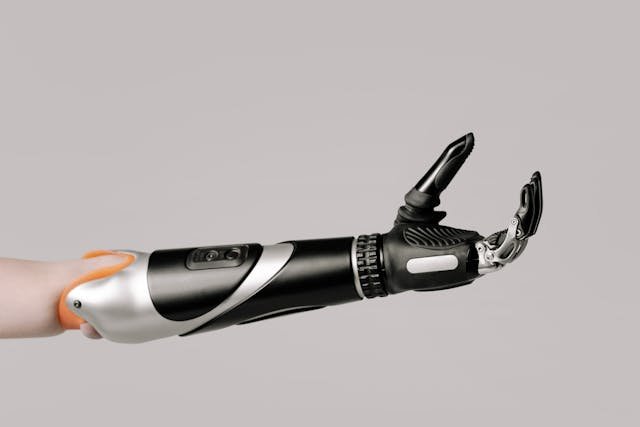
For decades, video games rarely featured disabled characters or prosthetic users. If they did, these characters were often villains, side characters, or portrayed as weak and dependent. Many games focused on superhuman abilities, ignoring the real-world experiences of disabled players.
As the gaming industry grew, developers started realizing that representation matters. Players wanted to see characters who reflected real-life diversity, including disability. Slowly, gaming shifted from ignoring disability to actively including it in character design, storylines, and gameplay mechanics.
Today, many games not only feature disabled characters but also celebrate their abilities, showing that disability does not mean weakness. Whether it’s a hero with a prosthetic limb or an adaptive controller that allows more people to play, gaming is evolving toward true inclusion.
The Rise of Prosthetic Representation in Video Games
One of the most exciting changes in gaming is the increased presence of prosthetic limbs. Instead of being seen as a limitation, prosthetics in games are powerful, customizable, and an integral part of a character’s identity.
Games like Sekiro: Shadows Die Twice, Metal Gear Solid V, and Cyberpunk 2077 feature characters with advanced prosthetic arms, showing that prosthetic users can be just as capable as anyone else. While some of these portrayals lean toward science fiction and fantasy, they still help normalize prosthetic limbs in mainstream media.
By making prosthetic limbs a natural part of the gaming world, developers are helping change perceptions of disability. Players now see prosthetics not as something to pity, but as something empowering.
Why Disability Representation in Games Matters
Representation in gaming goes beyond characters and stories—it impacts how players see themselves. When disabled gamers see a character using a prosthetic limb to fight, explore, and succeed, it sends a powerful message: disability does not define ability.
For non-disabled players, these representations challenge stereotypes and increase understanding of real-world disabilities. Seeing a hero with a prosthetic arm or a wheelchair user as a key character breaks the outdated notion that disabled individuals are weak or incapable.
By including disability in games, developers are creating a more inclusive gaming community where everyone feels seen and valued.
Iconic Video Game Characters with Prosthetics and Disabilities
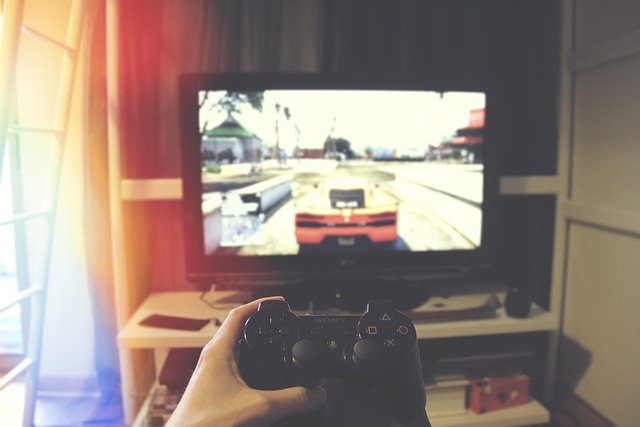
Several video games have introduced characters with prosthetics and disabilities, showing that they can be just as strong, skilled, and complex as any other character.
Venom Snake – Metal Gear Solid V: The Phantom Pain
Venom Snake, the protagonist of Metal Gear Solid V, is one of the most well-known characters with a prosthetic limb. After losing his arm, he uses a high-tech mechanical prosthetic that enhances his combat skills.
His prosthetic arm is not just for show—it has functional upgrades, like a stun mechanism and grappling abilities. This portrayal helps break the stereotype that prosthetics only serve as replacements. Instead, it highlights their potential for enhancing mobility and performance.
Venom Snake’s character also reflects the physical and emotional challenges of limb loss, making his story more realistic and relatable.
Sekiro – Sekiro: Shadows Die Twice
In Sekiro: Shadows Die Twice, the main character, Sekiro, has a prosthetic arm that is central to gameplay. His prosthetic, called the Shinobi Prosthetic, is not just a tool—it’s an extension of his identity as a warrior.
Sekiro’s arm can be upgraded with different weapons, from a grappling hook to a flamethrower. While the game takes creative liberties with prosthetic technology, it still shows that a person with a limb difference can be a powerful and skilled protagonist.
This kind of representation is important because it normalizes prosthetic users in heroic roles, showing that they can be main characters, not just side figures.
Johnny Silverhand – Cyberpunk 2077
Johnny Silverhand, played by Keanu Reeves in Cyberpunk 2077, has a cybernetic arm that is fully integrated into his body. While the game takes place in a futuristic setting, his bionic limb is an example of how prosthetics are becoming more advanced in real life.
His character challenges the idea that prosthetic limbs make a person “less human”. Instead, Johnny Silverhand is a charismatic and influential figure, proving that people with prosthetics can be leaders, rebels, and icons.
Barret Wallace – Final Fantasy VII
Barret Wallace, one of the most recognizable characters from Final Fantasy VII, is a strong, determined leader with a mechanical gun-arm prosthetic. While his prosthetic is designed for combat, Barret is much more than a warrior—he is a father, a protector, and a revolutionary fighting for a better world.
Why Barret’s Representation Matters
- A Powerful and Capable Leader – Barret is not defined by his prosthetic; he is a key strategist and the backbone of his resistance group, AVALANCHE. His prosthetic is a tool, but his strength comes from his leadership and determination.
- A Father Figure – Unlike many action heroes, Barret is also a caring father to his adopted daughter, Marlene. His story showcases emotional depth, proving that disability does not limit one’s ability to love, protect, and care for family.
- Evolved Representation in the Final Fantasy VII Remake – The 2020 remake of Final Fantasy VII gave Barret more personality, depth, and realism, making him a more relatable and complex character beyond just his gun-arm.
Barret’s character highlights how prosthetic limbs in video games can serve a purpose in combat while also allowing for emotional depth and character growth.
Adam Jensen – Deus Ex: Human Revolution
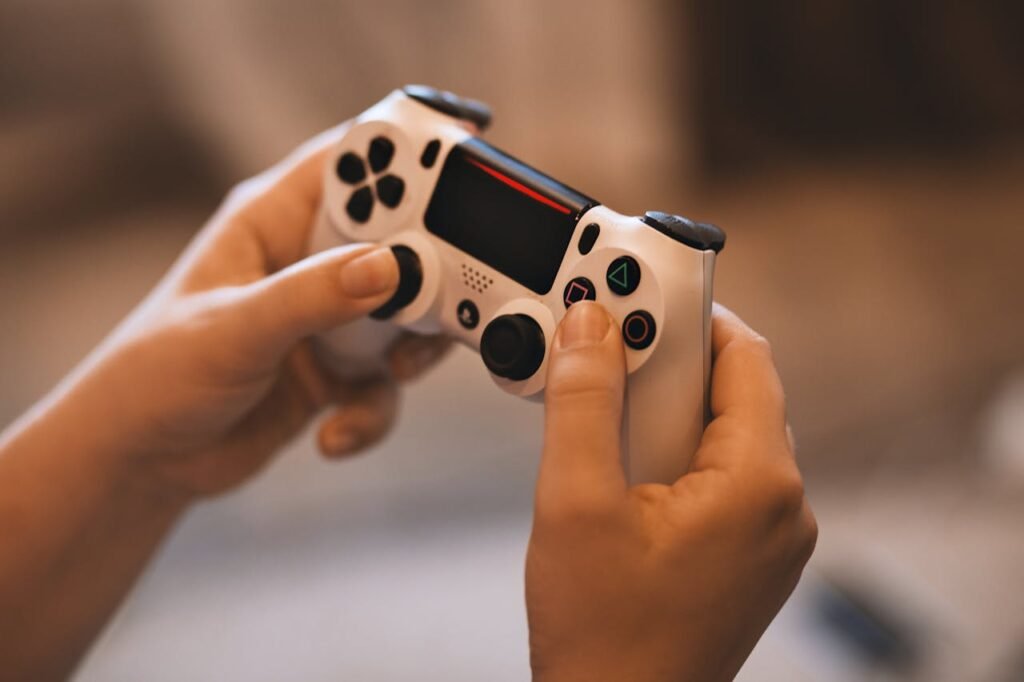
Adam Jensen, the protagonist of Deus Ex: Human Revolution and Deus Ex: Mankind Divided, represents a future where prosthetics and cybernetic enhancements are deeply integrated into human society. After a life-threatening attack, Jensen is rebuilt with advanced prosthetic limbs and augmentations, giving him superhuman abilities.
Why Adam Jensen’s Representation Matters
- A Complex Look at Cybernetic Prosthetics – Unlike many games that treat prosthetics as simple tools, Deus Ex explores the ethics of human augmentation, questioning how technology changes personal identity and societal structure.
- Struggles with Bodily Autonomy – Jensen did not choose to receive his prosthetic augmentations—they were forced upon him. His journey raises philosophical questions about consent, body modification, and how society treats people with artificial limbs.
- A Skilled Investigator and Fighter – Despite his augmentations, Jensen still relies on intelligence, strategy, and decision-making rather than just brute force, making him a well-rounded protagonist.
Jensen’s story challenges the boundary between prosthetic technology and human identity, making him one of the most thought-provoking characters in gaming.
Big Boss – Metal Gear Solid V: The Phantom Pain
Big Boss (also known as Venom Snake) is another major character in the Metal Gear series with a prosthetic arm. After an accident leaves him severely injured, he uses a high-tech mechanical arm that allows him to continue his military operations.
Why Big Boss’s Representation Matters
- A Leader Despite His Injuries – Rather than portraying disability as a weakness, Big Boss continues to be a brilliant strategist and commander, proving that physical injuries do not define a person’s leadership abilities.
- Integration of Prosthetics into Gameplay – His mechanical arm serves both functional and tactical purposes, allowing him to interact with the environment in ways that feel natural and seamless.
- Psychological Depth – Big Boss struggles with his identity and past trauma, showcasing the emotional and mental aspects of living with prosthetic enhancements after an injury.
Big Boss is a prime example of how prosthetics in video games can be more than just tools—they can be part of a character’s evolution, challenges, and strength.
Jack – Gears of War 5 (Multiplayer)
Jack, a playable multiplayer character in Gears of War 5, is unique because he is not a human character, but a floating robotic drone that aids the team. However, in multiplayer modes, players can use prosthetic arm options for their human characters, allowing for representation in a genre that rarely features disabled protagonists.
Why Jack and the Prosthetic Options in Gears of War 5 Matter
- First Multiplayer Game to Offer Prosthetic Customization – While most games only feature pre-designed characters with disabilities, Gears of War 5 allows players to create their own avatars with prosthetic arms and legs.
- Normalizing Prosthetic Users in Combat – The inclusion of prosthetic-limbed characters in a fast-paced, action-heavy game proves that disability does not mean weakness or limitation.
- A Step Toward More Player Representation – By allowing players to choose prosthetic limbs for their characters, Gears of War 5 empowers gamers with disabilities to see themselves reflected in the virtual world.
The Rise of Adaptive Gaming: Making Games Accessible for Everyone
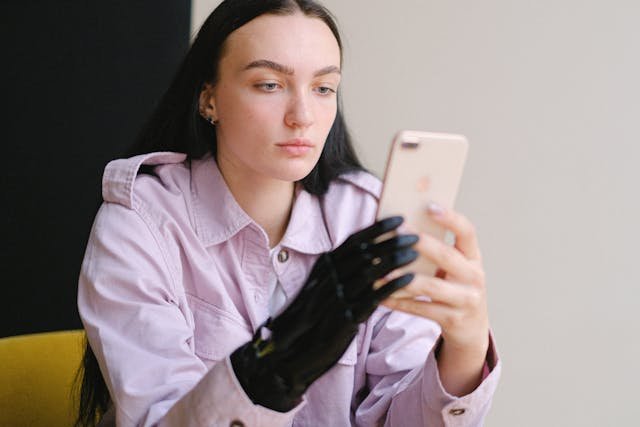
While disability representation in characters is improving, the gaming industry is also making real-world changes to accommodate disabled players.
Adaptive Controllers and Accessibility Features
One of the biggest breakthroughs in gaming accessibility is the creation of adaptive controllers. Companies like Microsoft and Logitech have developed controllers that allow players with limited mobility to fully enjoy gaming.
The Xbox Adaptive Controller is a prime example of this innovation. It features customizable buttons and ports, allowing players to connect different assistive devices based on their needs. This means that gamers who previously couldn’t use standard controllers now have a way to play comfortably.
This shift toward inclusive hardware is making gaming more accessible than ever before, proving that technology can break down barriers rather than create them.
Customizable Game Settings for Disabled Players
Many modern games now include accessibility options to accommodate different disabilities. Some of these features include:
- Adjustable difficulty levels for players with cognitive disabilities.
- Colorblind modes to help visually impaired players.
- Subtitles and audio descriptions for deaf and hard-of-hearing players.
- Re-mappable controls for players with limited hand mobility.
Games like The Last of Us Part II have set new standards for accessibility, offering over 60 customizable options to ensure that everyone, regardless of ability, can enjoy the game.
The Importance of Inclusive Esports and Gaming Communities
Gaming is more than just entertainment—it’s also a competitive sport and a social activity. Many disabled gamers are now participating in esports tournaments and online communities, proving that gaming should be accessible to all players, not just those without disabilities.
Organizations like AbleGamers and SpecialEffect work to make esports more inclusive, providing adaptive equipment and training for disabled players. More professional gaming tournaments are also introducing accessibility accommodations, ensuring that disabled gamers can compete on an equal level.
This proves that gaming is not just for one type of player—it’s for everyone.
How Game Developers Can Improve Disability and Prosthetic Representation
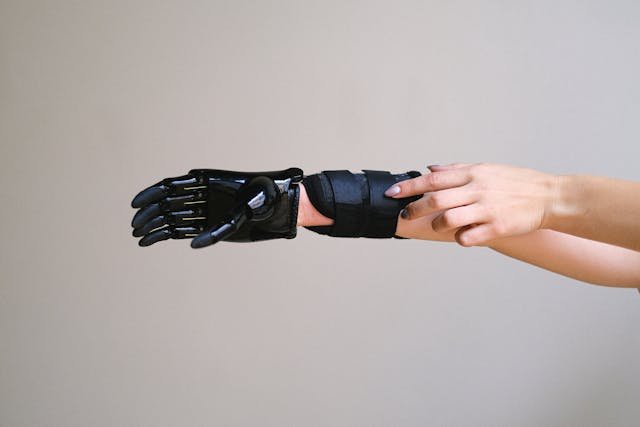
While gaming has made significant progress in embracing disability and prosthetic representation, there is still work to be done. Game developers must go beyond just including disabled characters—they must ensure that their representation is accurate, respectful, and meaningful.
Creating More Realistic Prosthetic Characters
Many video games feature characters with prosthetic limbs, but they often lean heavily into science fiction and fantasy, portraying prosthetics as superhuman enhancements rather than real-world assistive devices. While this approach makes for exciting gameplay, it can also create unrealistic expectations about what prosthetics can actually do.
How Developers Can Improve:
- Work with real prosthetic users to understand their experiences, challenges, and abilities.
- Depict prosthetic limbs as functional tools rather than magical enhancements.
- Showcase a range of prosthetic designs, from everyday-use limbs to high-tech adaptive prosthetics, reflecting real-world diversity.
By making prosthetic characters more relatable and authentic, games can help normalize prosthetic use in mainstream media.
Expanding Disability Representation Beyond Physical Disabilities
Most disability representation in games focuses on physical disabilities, such as prosthetic limbs and mobility impairments. However, there are many other types of disabilities, including visual impairments, hearing loss, and cognitive disabilities, that are rarely represented in gaming.
Ways to Improve Inclusion:
- Introduce blind or low-vision characters with adaptive technology like braille devices or echolocation mechanics.
- Feature deaf characters with sign language communication or subtitles integrated into the game world.
- Include neurodivergent characters, such as those with autism or ADHD, and portray them with accuracy and depth.
By broadening the scope of disability representation, developers can create a more inclusive gaming world that reflects the full diversity of human experiences.
Involving Disabled Gamers in the Development Process
One of the best ways to ensure authentic disability representation is to involve disabled individuals in game development. Many developers assume what disabled gamers need, rather than consulting them directly.
How Studios Can Make a Difference:
- Hire disabled developers, writers, and artists to bring real perspectives into game design.
- Engage with disability advocacy groups to test accessibility features before launching a game.
- Hold focus groups with disabled gamers to gather feedback on gameplay experiences.
By working with the disability community, game developers can create more realistic, empowering, and accessible experiences for all players.
The Future of Disability and Prosthetic Representation in Gaming
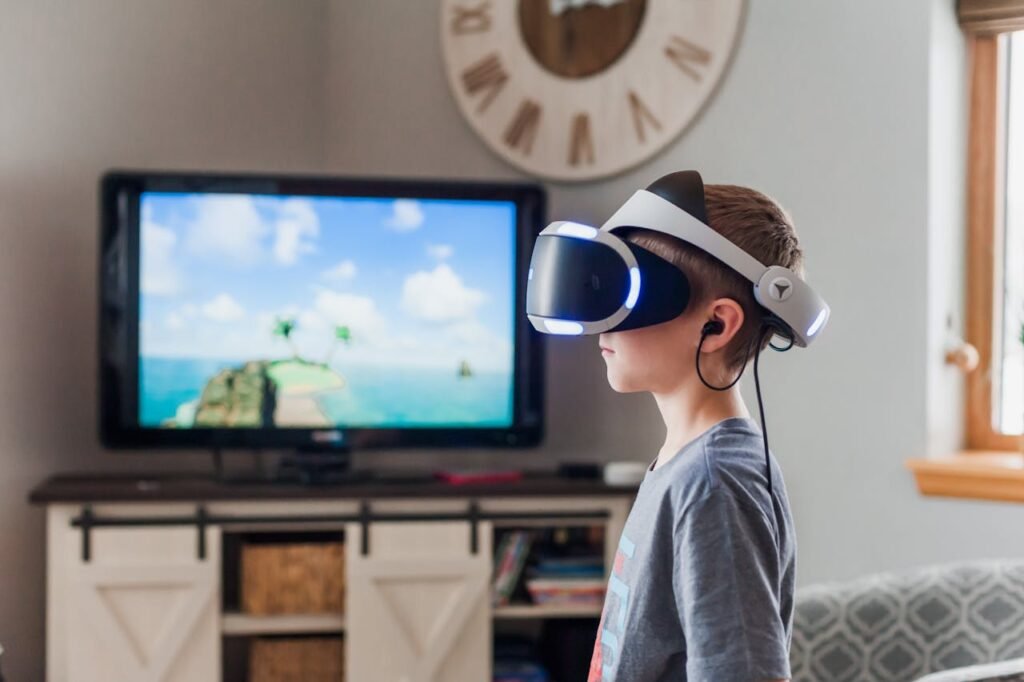
Gaming is moving toward a future where disability inclusion is the norm, not the exception. While there has been remarkable progress, the next step is ensuring that these changes become standard across all games, not just in a few titles.
More Adaptive Hardware and Assistive Technology
As technology advances, we can expect even more inclusive gaming hardware. Future innovations might include:
- Brain-computer interfaces (BCIs) that allow disabled gamers to control games using neural signals.
- Haptic feedback gloves that create immersive gaming experiences for players with mobility impairments.
- More AI-driven accessibility tools, such as real-time captioning, speech-to-text for voice commands, and dynamic difficulty adjustments based on player ability.
As gaming technology becomes more advanced, accessibility must remain a priority to ensure everyone can enjoy the gaming experience.
A Push for Industry-Wide Accessibility Standards
Many major gaming studios are making accessibility a priority, but there is still no universal standard for disability inclusion in gaming. Industry-wide guidelines would help ensure that every game, regardless of genre or platform, meets a baseline level of accessibility.
A standardized approach could include:
- A certification system for accessibility, similar to movie ratings, to indicate how accessible a game is.
- Mandatory accessibility options for all major game releases, ensuring players can customize controls, visuals, and audio settings.
- Government or industry incentives for developers who prioritize disability representation and adaptive technology in their games.
By creating clear guidelines and expectations, the gaming industry can make disability inclusion a permanent fixture rather than an afterthought.
Building Inclusive Gaming Communities
Beyond game development, gaming culture itself must become more welcoming to disabled players. Online gaming communities, esports tournaments, and streaming platforms should actively work to:
- Reduce ableist language and discrimination in multiplayer gaming spaces.
- Provide accessibility tools for disabled streamers, such as voice-to-text chat options.
- Encourage game journalists and content creators to highlight accessibility features in their reviews and discussions.
An inclusive gaming community doesn’t just benefit disabled players—it benefits everyone by fostering a more diverse, respectful, and enriching gaming environment.
Final Thoughts: The Future of Disability and Prosthetic Representation in Gaming
The gaming industry has made huge strides in embracing disability representation, but there is still room for improvement. Developers need to continue:
- Creating diverse characters with disabilities, not just for inspiration, but as fully realized heroes, villains, and NPCs.
- Expanding adaptive technology, ensuring that all gamers, regardless of ability, can play comfortably.
- Listening to disabled gamers and advocates, making accessibility a standard feature in game development.
At Robobionics, we believe that gaming has the power to change perceptions and make the world more inclusive. By embracing disability and prosthetic representation, games can inspire, empower, and entertain a truly diverse audience.



